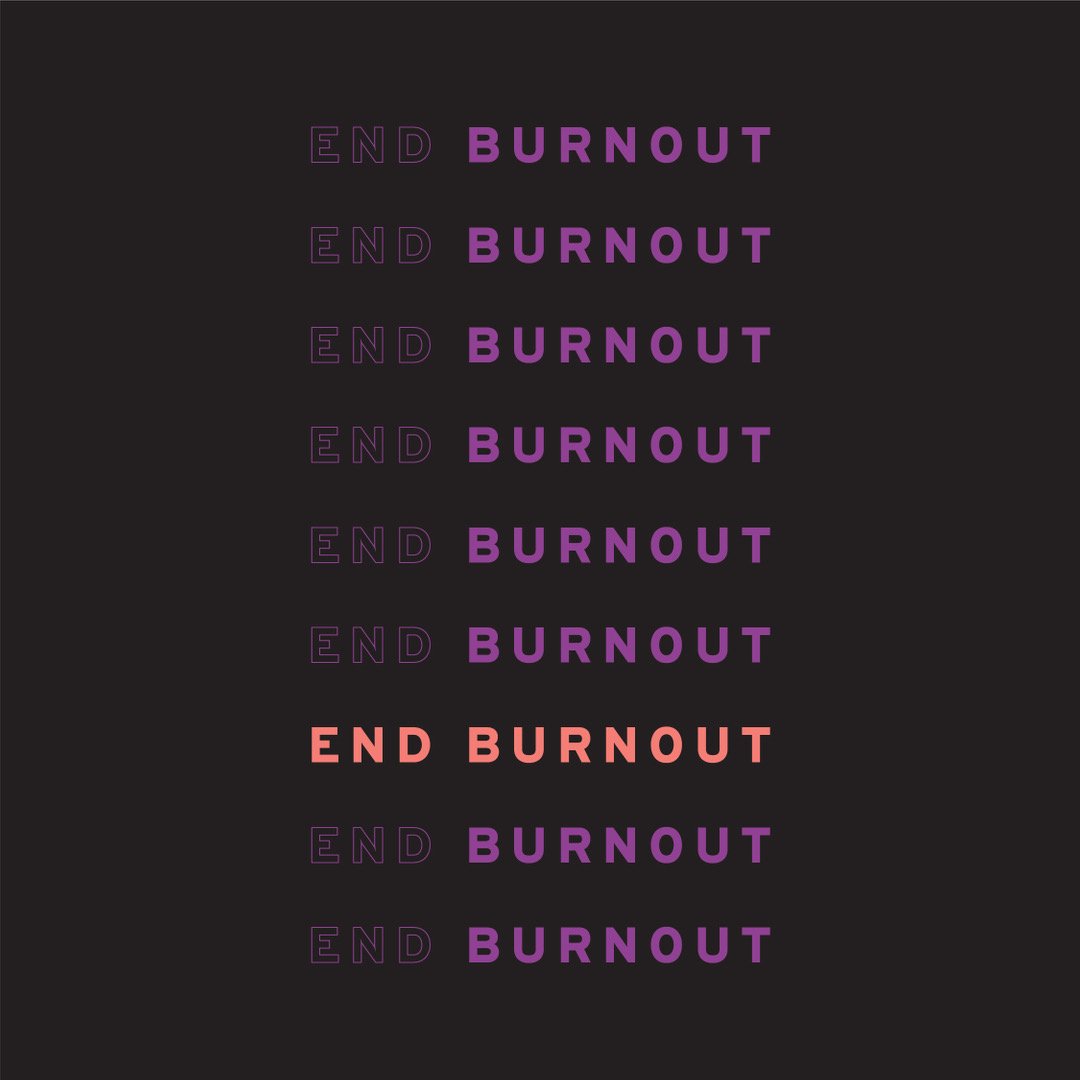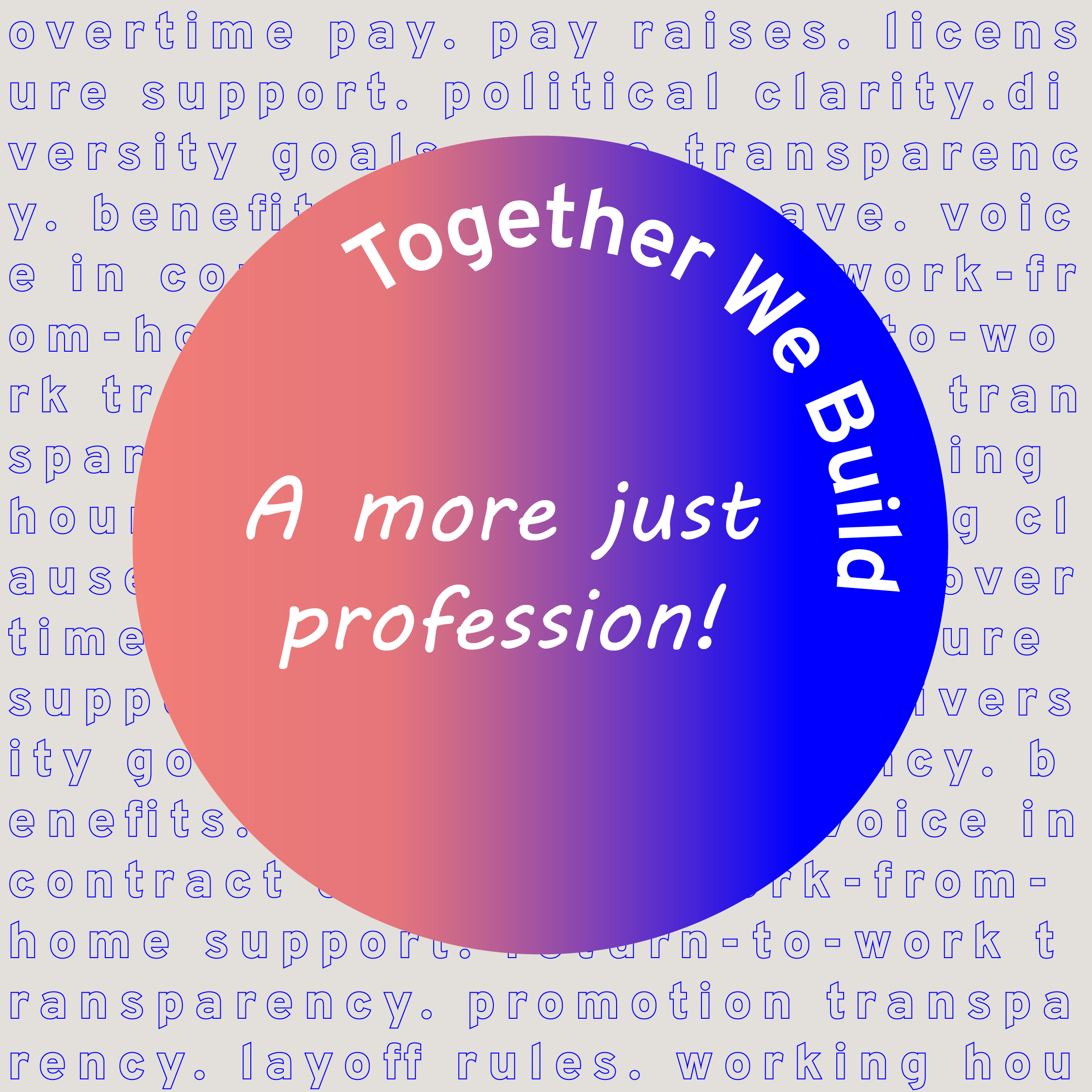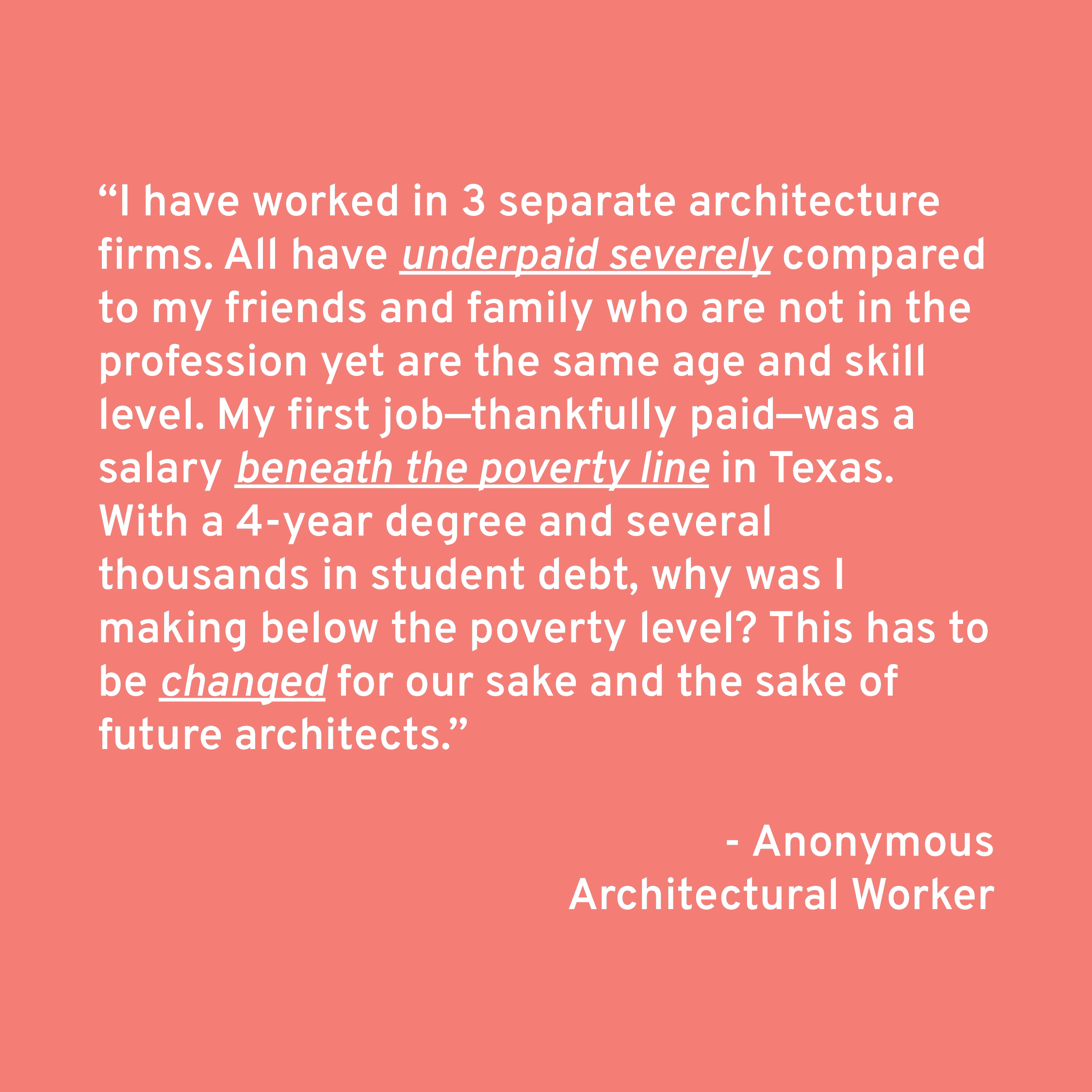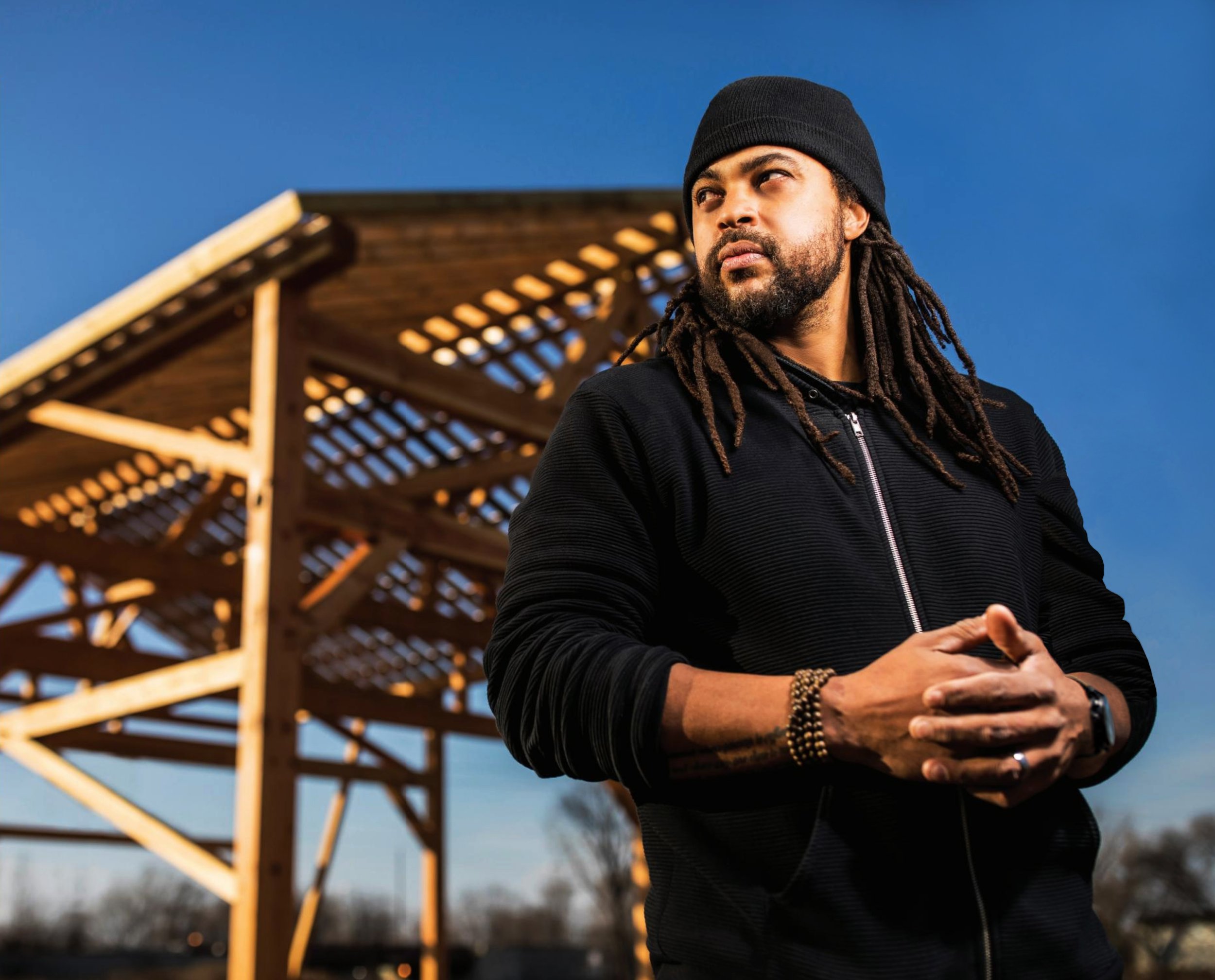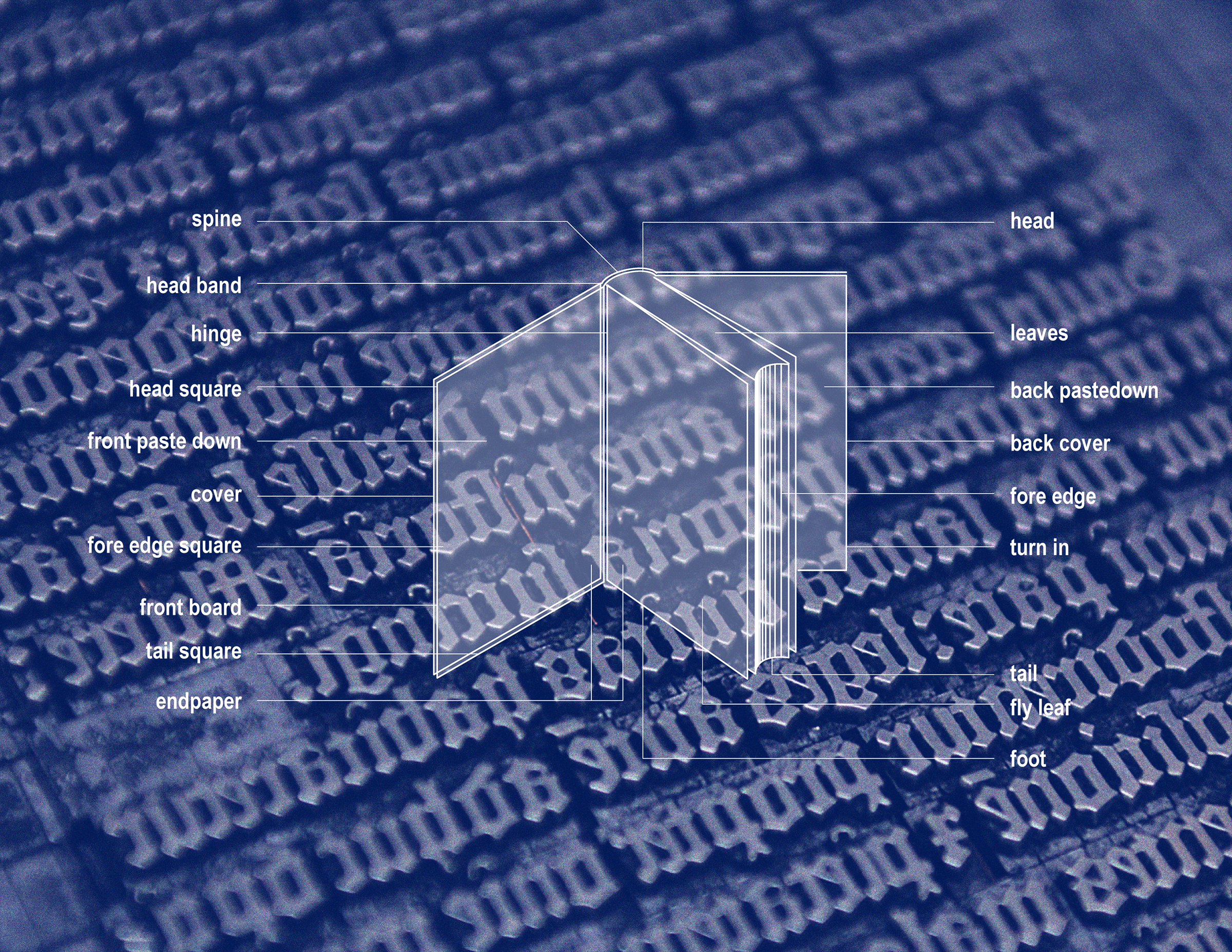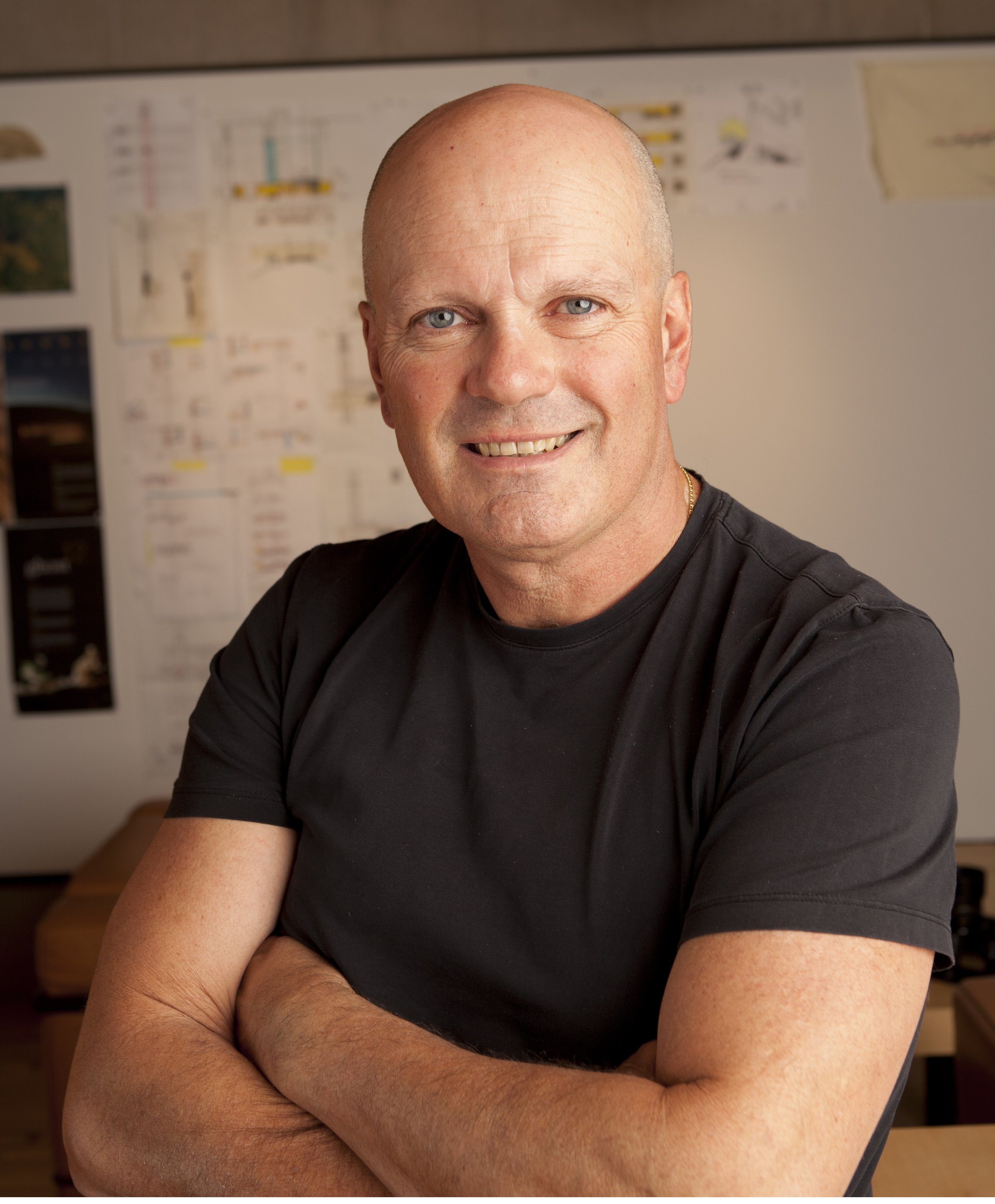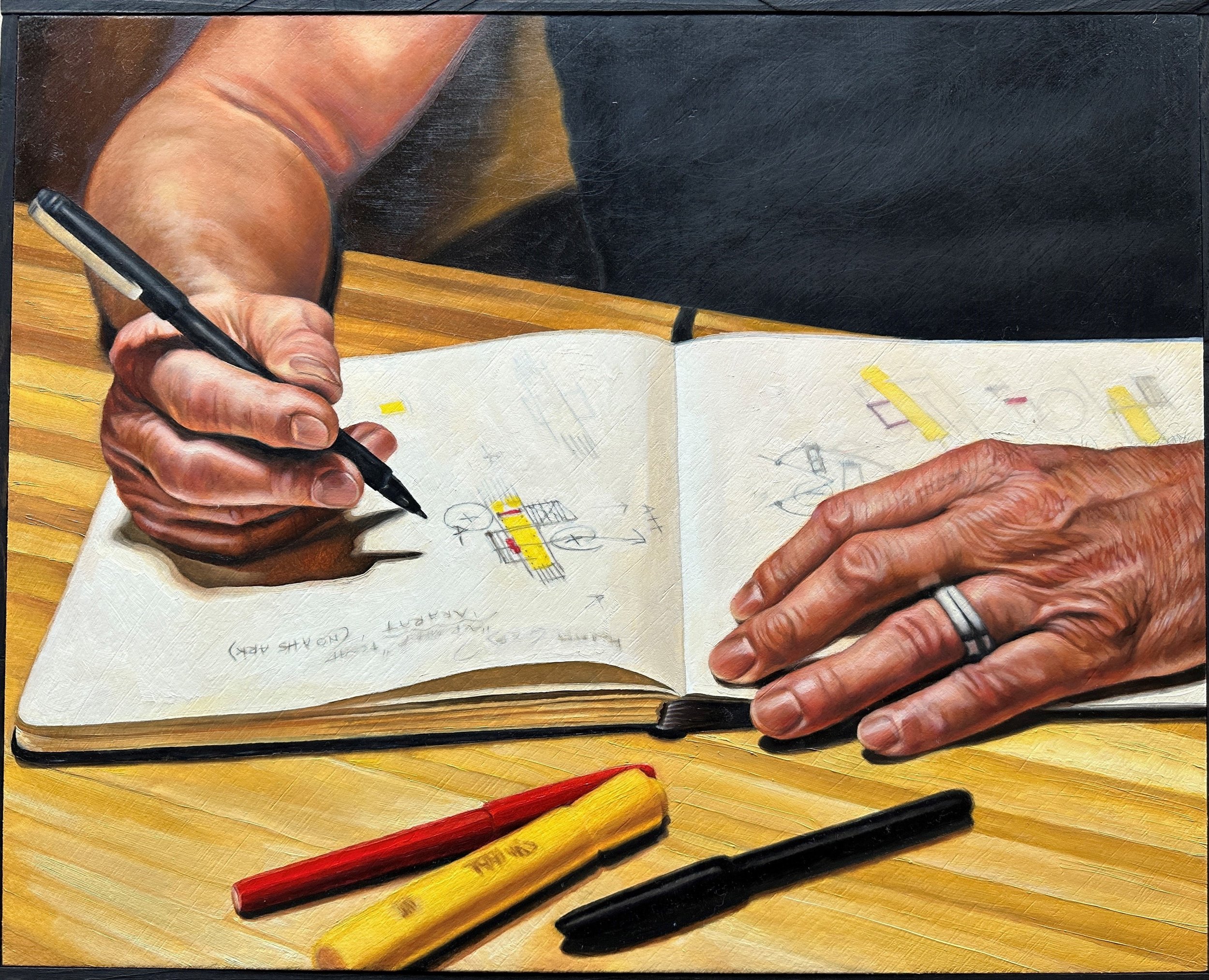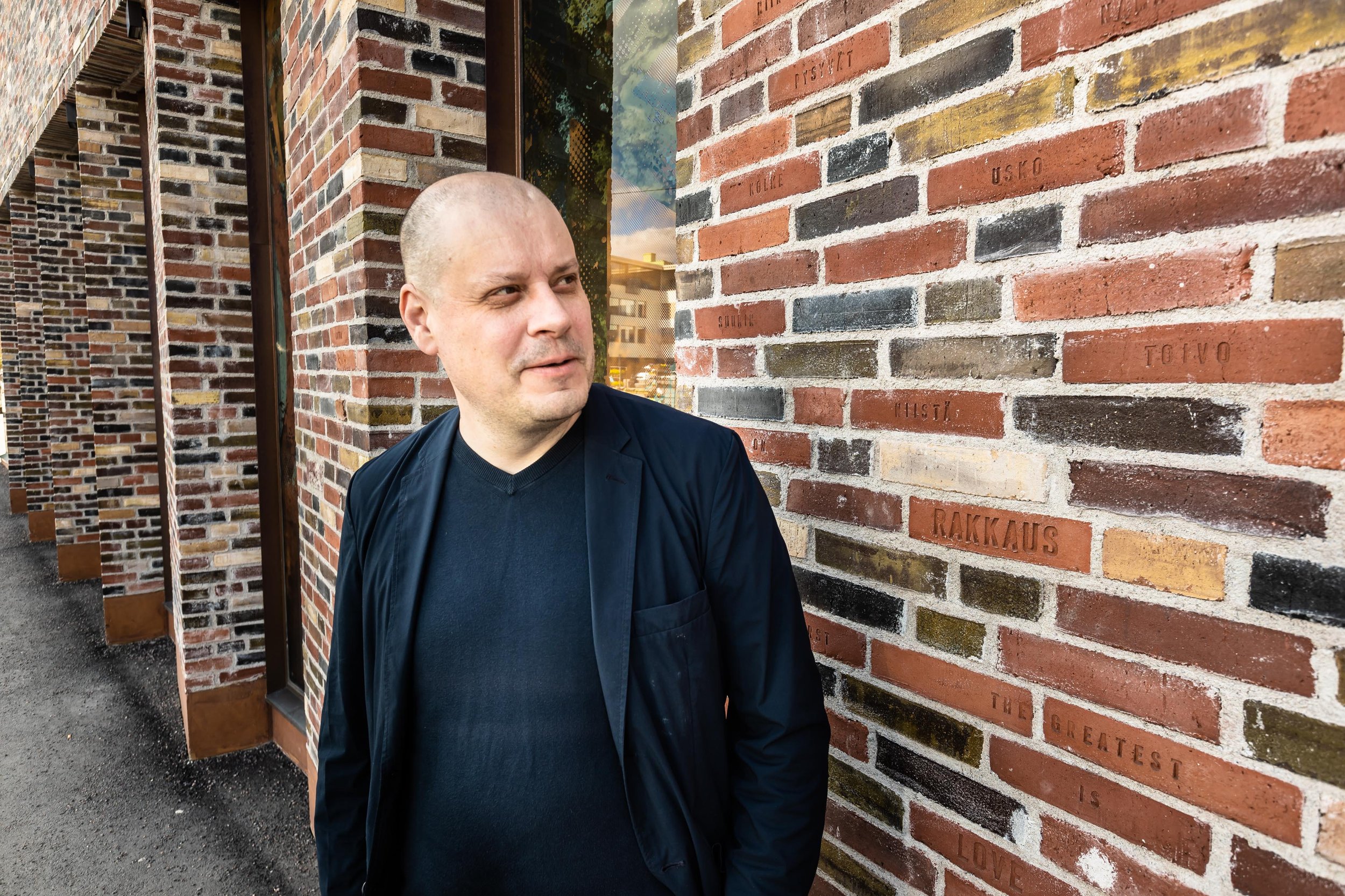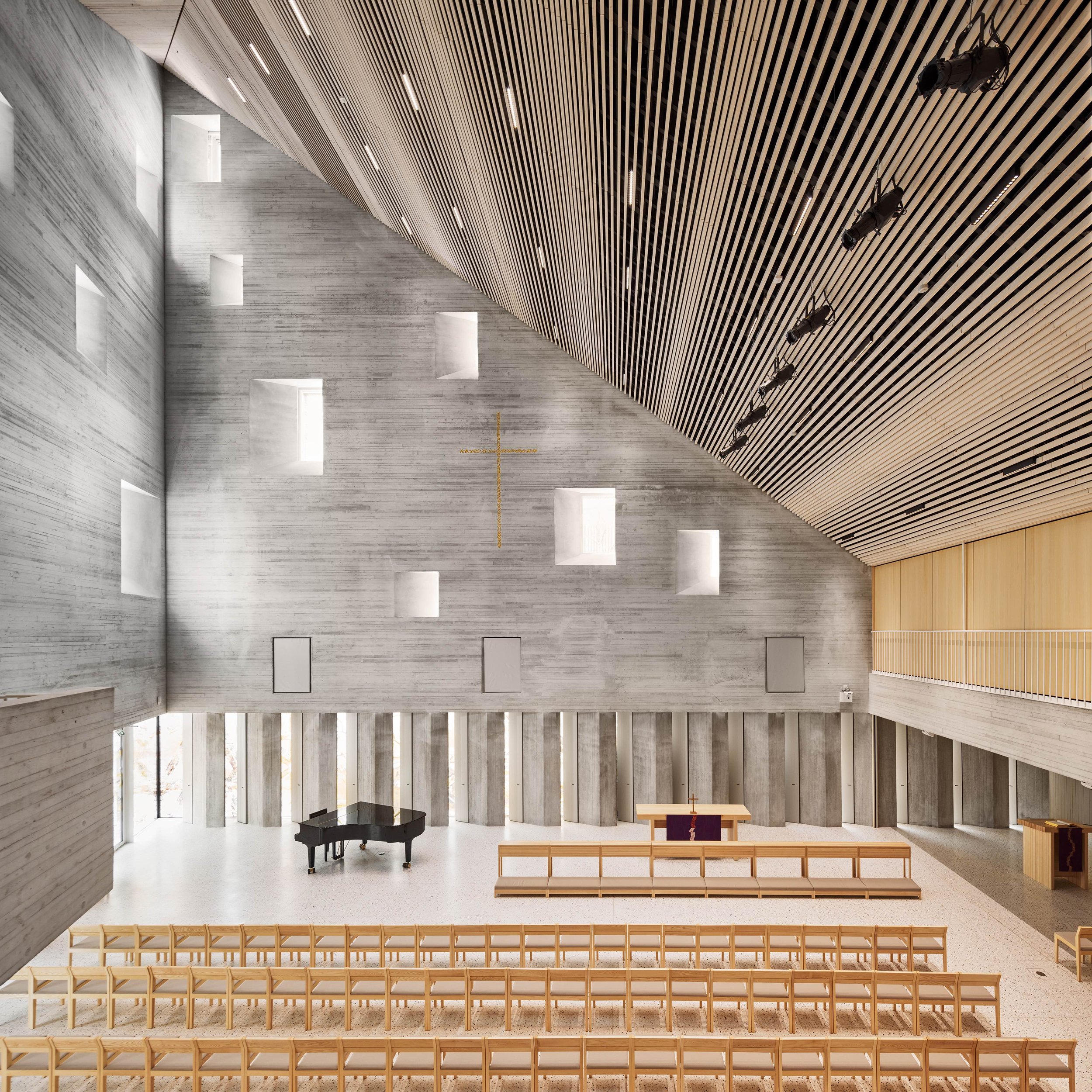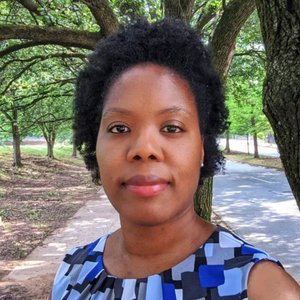Madeline Gannon
Dr. Madeline Gannon is a multidisciplinary designer blending techniques in art, design, computer science, and robotics to forge new futures for human-robot relations. Also known as "The Robot Whisperer", Gannon specializes in convincing robots to do things they were never intended to do: from transforming giant industrial robots into living, breathing mechanical creatures, to taming hordes of autonomous machines to behave like a pack of animals.
Dr. Gannon is a World Economic Forum Cultural Leader, a Knight Foundation Awardee, a former Robotics & AI Researcher at NVIDIA, and a former artist in residence at ETH Zurich, Autodesk Pier 9, and the Carnegie Mellon STUDIO for Creative Inquiry. She is known as one of the 'Top 10 Women in Robotics Industry' and 'World’s 50 Most Renowned Women in Robotics’ according to Analytics Insight. Gannon holds a Master of Architecture from Florida International University, and a PhD in Computational Design from Carnegie Mellon University.
Jake Marsico
Jakob Marsico is an Executive Creative Director at Deeplocal, a creative innovation studio that invents, designs, and builds experiences for the world's most progressive brands. Jakob leads a multidisciplinary team of creative technologists, designers, and engineers to invent and deliver playful, interactive experiences that foster meaningful connections between people and technology.
Jakob has a Master of Tangible Interaction Design from Carnegie Mellon University and a Bachelor of Science in Religion from The George Washington University. He also founded and ran Ultra Low Res Studio, an arts-engineering firm that collaborated with developers and architects on experiential projects. Jakob's work has been featured in various publications and exhibitions, and his projects have received multiple awards and honors for their creativity and innovation.
Vernelle A. A. Noel
Vernelle A. A. Noel, Ph.D. is the Lucian and Rita Caste Assistant Professor in Architecture and Urban Design at the Carnegie Mellon University School of Architecture. She is a computational design scholar, architect, artist, and Director of the Situated Computation + Design Lab. She investigates traditional and digital practices, and their intersections with society. Using interdisciplinary approaches, she builds new frameworks, methodologies, and tools to explore social, cultural, and political aspects of computation and emerging technologies for new reconfigurations of practice, pedagogy, and publics. Her work has been supported by the Graham Foundation, the Mozilla Foundation, and ideas2innovation (i2i), among others. She is a recipient of the DigitalFUTURES Young Award for exceptional research and scholarship in the field of critical computational design, and gave a TEDx Talk titled, “The Power of Making: Craft, Computation, and Carnival.” Dr. Noel holds a Ph.D. from The Pennsylvania State University, a Master of Science in Architecture Studies from MIT, a Bachelor of Architecture from Howard University, and a Diploma in Civil Engineering from Trinidad & Tobago. Noel has held positions at Georgia Institute of Technology, the University of Stuttgart, the University of Florida, Penn State University, MIT, the Singapore University of Technology & Design, and has practiced as an architect in the US, India, and Trinidad & Tobago. Noel is currently a board member of The Association for Computer-Aided Design in Architecture (ACADIA).
Audrey Desjardins
Audrey Desjardins is an interaction designer who speculatively and critically examines how people live with technology. She designs interactive artifacts and systems that reimagine the familiar co-existence of humans and things. Her current projects touch on ways to inquire and reclaim Internet of Things data through crafting and materializing ways of living with that data. As a design scholar, she believes that the design and making of artifacts is a rich site of knowledge production. She designs to articulate questions, to propose alternatives and to provoke reflection.
Audrey is an associate professor in interaction design in the School of Art + Art History + Design at the University of Washington where she directs Studio Tilt, a design research studio. She is also adjunct associate professor in Human Centered Design and Engineering (HCDE) and Digital Arts and Experimental Media (DXARTS) at the University of Washington. She holds a PhD and Master of Arts from the School of Interactive Arts + Technology at Simon Fraser University, and a bachelor degree in industrial design at Université de Montreal.



